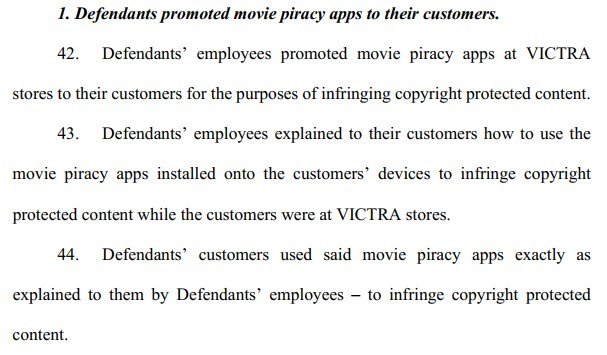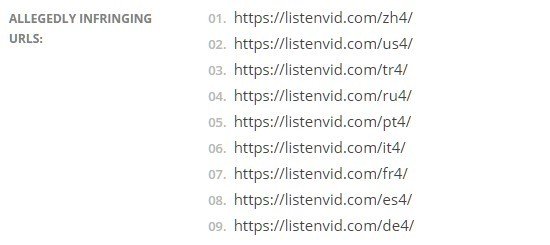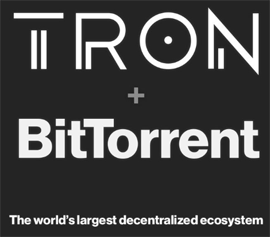President Trump Signs USMCA Trade Deal that ‘Exports’ US Copyright Policy
jeudi 30 janvier 2020 à 11:57 Last month the United States, Canada, and Mexico signed off on a new trade deal, which replaced the quarter-century old the NAFTA agreement.
Last month the United States, Canada, and Mexico signed off on a new trade deal, which replaced the quarter-century old the NAFTA agreement.
The United States-Mexico-Canada Agreement (USMCA) will accommodate changes in trade that the three countries have witnessed over the years, especially online.
After the US Senate passed the legislation earlier this month, President Trump has now signed the new text into law. Replacing NAFTA with a better deal was one of the President’s election promises, which is now fulfilled.
The USMCA covers a wide range of trade topics including copyright and anti-piracy enforcement. On the copyright side, the deal doesn’t bring much change to US law. However, the new deal does require Mexico and Canada to revise some of their policies.
For example, USMCA requires all countries to have a copyright term that continues for at least 70 years after the creator’s death, which is already the case in the US.
For Canada, however, this means that the country’s current copyright term must be extended by 20 years. This won’t happen instantly, as the country has negotiated a transition period to consult the public on how to best meet this requirement. In the long term, an extension seems inevitable though.
Another controversial subject that was widely debated by experts and stakeholders is the DMCA-style ‘safe harbor’ text. In the US and under certain conditions, ISPs are shielded from copyright infringement liability under the safe harbor provisions of the DMCA and the new deal expands this security to Mexico and Canada.
This safe harbor expansion is welcomed by many large technology companies including Internet providers and hosting platforms. However, many major entertainment industry companies and rightsholder groups are not happy, as they are trying to get rid of these broad safe harbor policies.
The Directors Guild of America previously said it was “deeply disappointed” that the new USMCA deal will export the “flawed and outdated United States policy” that allows online services to “shirk responsibility for copyright violations.”
Last year the House Judiciary Committee also urged the US Trade Representative not to include any safe harbor language in trade deals while the Copyright Office is reviewing the effectiveness of the DMCA law, but without result.
That said, the USMCA’s safe-harbor language also comes with obligations for online services. The agreement specifically mentions that ISPs must take down pirated content and implement a repeat infringer policy if they want to apply for safe harbor protection. This is largely modeled after the DMCA law.
The safe harbors for copyright infringement and the takedown requirements don’t apply to Canada as long as it continues to rely on its current notice-and-notice scheme. However, the country will enjoy safe harbors for other objectionable content, modeled after section 230 of the US Communications Decency Act.
Despite criticism from many copyright holder groups, the Motion Picture Association (MPA) is happy that the new trade agreement is now law.
“USMCA will help facilitate the growth of the legal digital market for creative content while addressing the multi-billion dollar threat of online piracy,” MPA’s CEO Charles Rivkin comments.
While Trump has signed the USMCA into law, Mexico and Canada have yet to follow. Canada started this process yesterday when Deputy Prime Minister Chrystia Freeland
introduced the USMCA implementation bill.
Source: TF, for the latest info on copyright, file-sharing, torrent sites and more. We also have VPN reviews, discounts, offers and coupons.

 Millions of people around the world use pirate apps on their mobile devices to stream TV-shows and movies.
Millions of people around the world use pirate apps on their mobile devices to stream TV-shows and movies.
 Late last year the RIAA started targeting several YouTube rippers and downloaders by sending relatively
Late last year the RIAA started targeting several YouTube rippers and downloaders by sending relatively 

